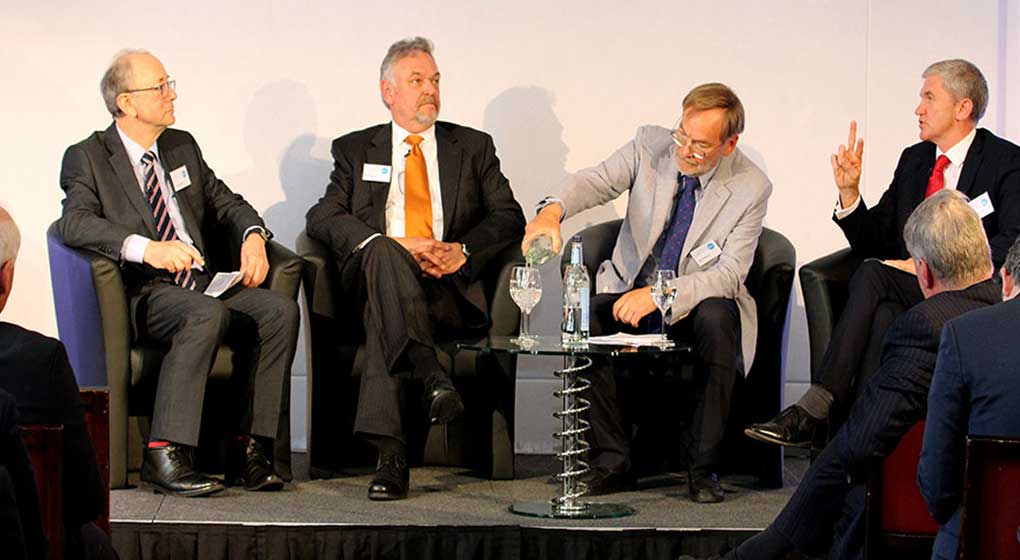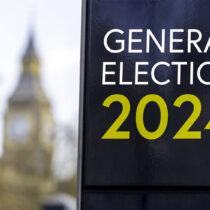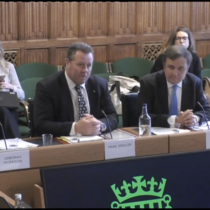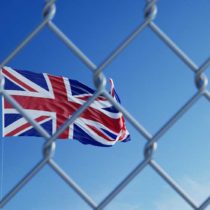BMPA Conference delivers a blunt reality check on post-Brexit trade deals
We were told to expect straight-talk at this year’s BMPA Conference, which the headline speakers certainly delivered on, and delegates were given a lot more than lunch to chew over.
Rather than listening to our UK politicians putting their spin on Brexit and Britain’s prospects for international trade, we enlisted Bill Westman of the North American Meat Institute and Lars Hoelgaard of the international consultancy TradeUp to ‘tell it how it is’, first from a US and then from an EU perspective.
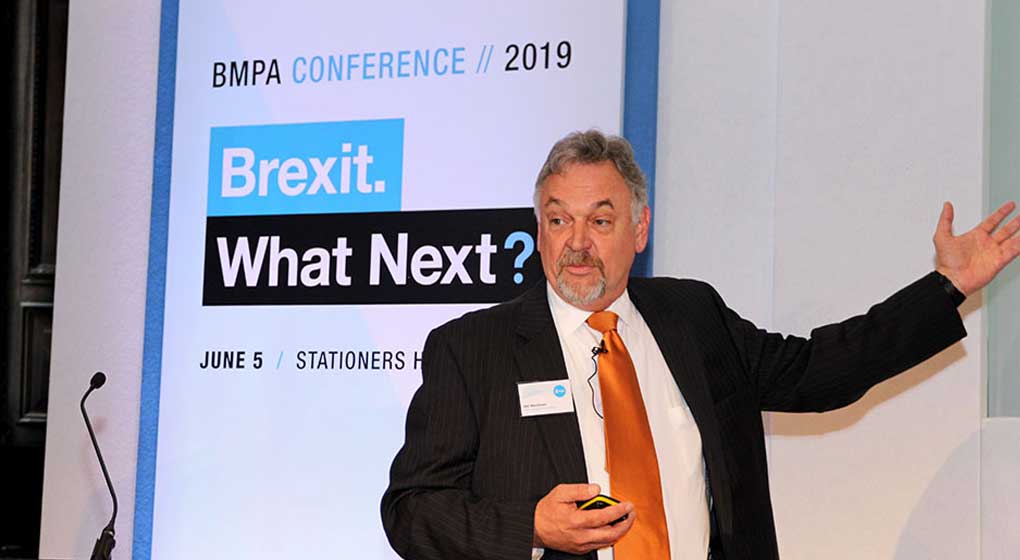
Bill Westman was keen to emphasise that the US wants to work with the UK and sees ‘big opportunities around Brexit’, but it became clear that this cooperation would come at a price. Part of that price, Mr Westman explained, is that the US ‘must have meaningful market access through the elimination or reduction of all import duties and tariff-rate quotas’.
He went on to say that America doesn’t want to ask the UK to change its system, but it does want to ask us to not restrict trade in goods that are ‘internationally approved’. In practice, however, that would mean changing UK standards to allow currently banned products into the country.
Speakers at the @BMPA_INFO conference clashed over the inclusion of chlorine-washed #chicken in a future UK-US trade deal, with @LarsHoelgaard claiming the US could use it as leverage to break back into the EU market #farming https://t.co/4zPDTrFCDH
— European Ag Policy (@Agra_Europe) 6 June 2019
Lars Hoelgaard put it more bluntly: ‘You’re going to take some hormone beef, some chlorinated chicken and some GMOs’ in order to do a deal with Trump’s America. He also cautioned that we’d be giving up 50% of our trade (currently with the EU) in favour of chasing after some ‘marginal, perhaps non-existent’ trade with the US. ‘Is this what you want?’ asked Mr Hoelgaard.
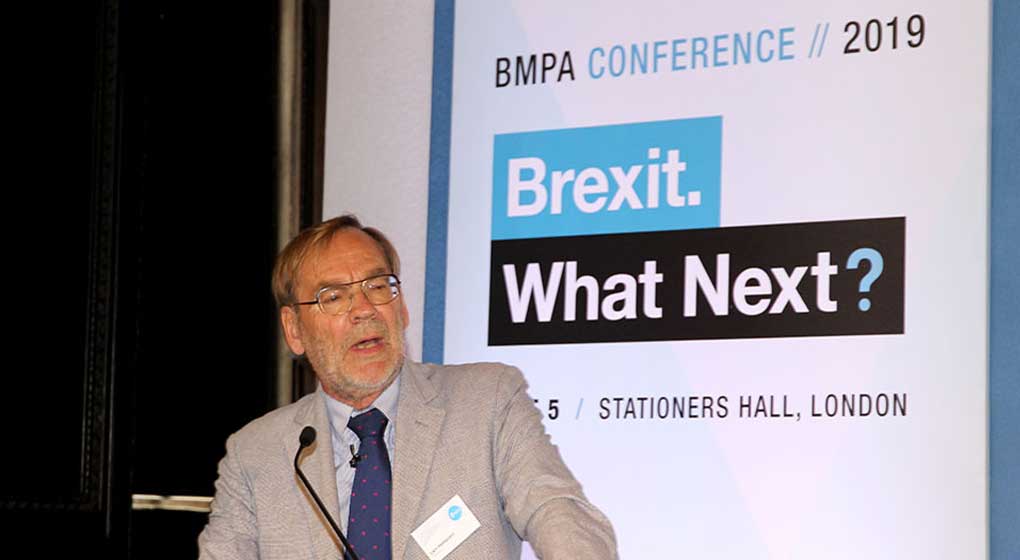
Later in the panel discussion, Peter Hardwick, BMPA’s Trade Policy Advisor, emphasised that there is no way of knowing just how the meat industry will be traded-off against other key industries in future trade negotiations with third countries like the US. Trade deals are about compromise and there will be no ‘easy deals’ to be done.
But it was Lars Hoelgaard who delivered the most jarring commentary on the UK’s prospects in the event of a hard Brexit, which we’ll devote a separate article to shortly. Suffice it to say, if what he warned us about starts to play out, the top priority for BMPA will be to work with our own politicians and civil servants to equip them with the right understanding of this industry and the unintended consequences of making the wrong negotiating decisions.
Unless Brexit is cancelled or we agree on some form of customs union and harmonised regulations and standards, we should prepare for a bumpy ride.

